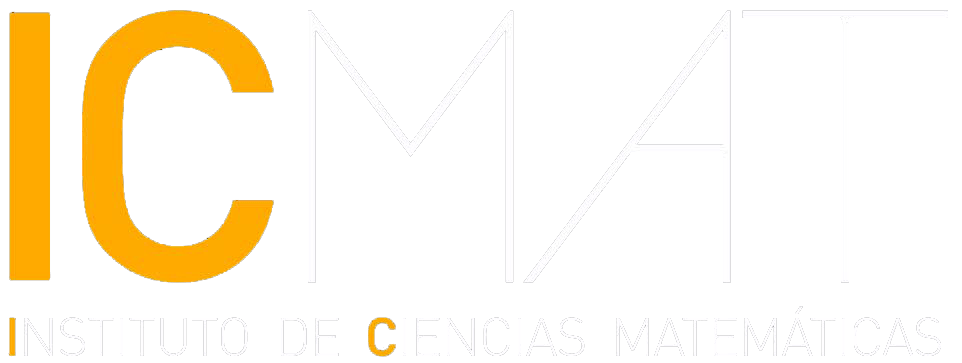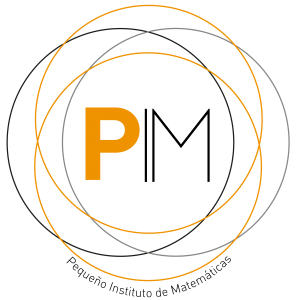Title: Undecidability of the spectral gap.
Author(s): Toby S. Cubitt (University College London, University of Cambridge), David Pérez-García (UCM-ICMAT) and Michael M. Wolf (Technische Universität München).
Source: 528, 207-211. doi:10.1038/nature16059.
Date of publication: December 10, 2015.
Abstract: The spectral gap-the energy difference between the ground state and first excited state of a system-is central to quantum many-body physics. Many challenging open problems, such as the Haldane conjecture, the question of the existence of gapped topological spin liquid phases, and the Yang-Mills gap conjecture, concern spectral gaps. These and other problems are particular cases of the general spectral gap problem: given the Hamiltonian of a quantum many-body system, is it gapped or gapless? Here the authors prove that this is an undecidable problem. Specifically, they construct families of quantum spin systems on a two-dimensional lattice with translationally invariant, nearest-neighbour interactions, for which the spectral gap problem is undecidable. This result extends to undecidability of other low-energy properties, such as the existence of algebraically decaying ground-state correlations. The proof combines Hamiltonian complexity techniques with aperiodic tilings, to construct a Hamiltonian whose ground state encodes the evolution of a quantum phase-estimation algorithm followed by a universal Turing machine. The spectral gap depends on the outcome of the corresponding ‘halting problem’. This result implies that there exists no algorithm to determine whether an arbitrary model is gapped or gapless, and that there exist models for which the presence or absence of a spectral gap is independent of the axioms of mathematics.
Link: http://www.nature.com/nature/journal/v528/n7581/full/nature16059.html
ICMAT Authors
David Pérez-García. David Pérez-García is associate professor in the Department of Mathematical Analysis at Universidad Complutense de Madrid (UCM) and director of the research group "Mathematics and Quantum Information". He started his research career working on Functional Analysis, obtaining his PhD in Mathematics at UCM on 2004. On 2005 he moved to the Max Planck Institute of Quantum Optics, where he started working in Quantum Information Theory, his main research topic since then. He has coauthored 70 research papers, and has attracted more than 1800 citations just in the last five years. He has been recently awarded the 2012 Young Researcher RAC-Endesa Prize in Mathematics.


